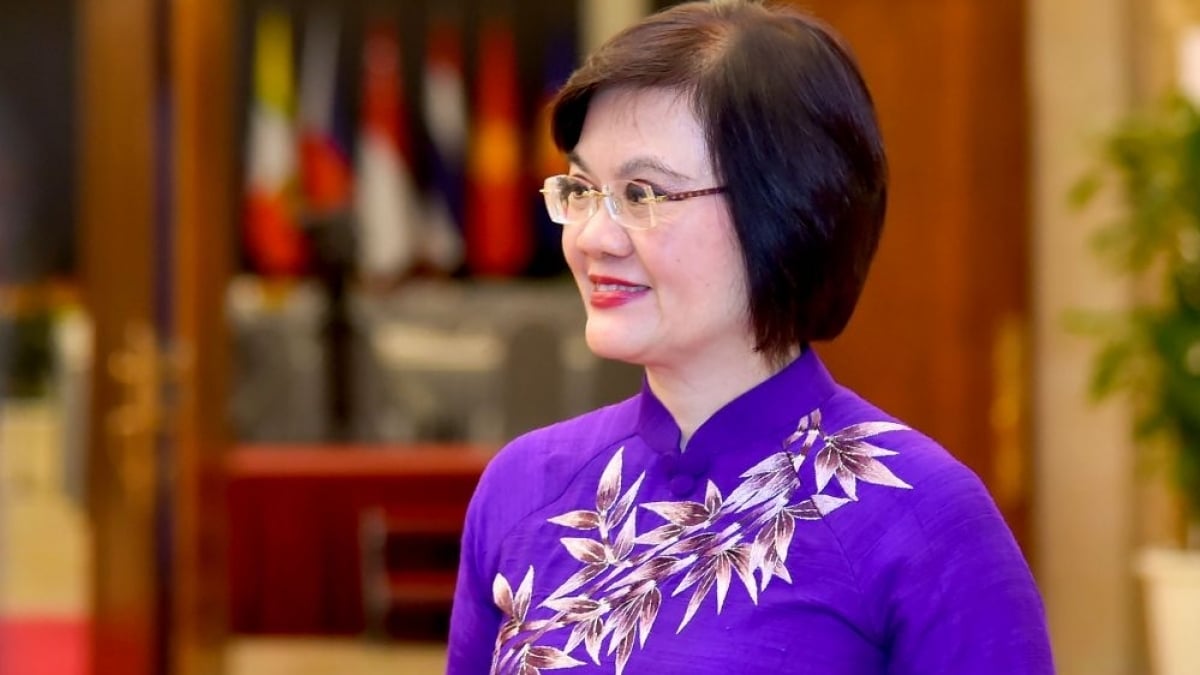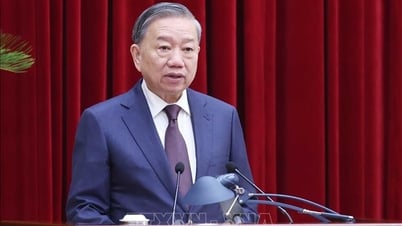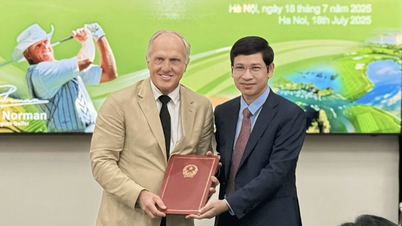
The International Monetary Fund (IMF) urged Asian central banks to focus on domestic issues and avoid following the US Federal Reserve (Fed) in its decision.
At a conference held by the IMF and the World Bank (WB) in Washington on April 18, Krishna Srinivasan - Director in charge of Asia - Pacific at the IMF, commented that interest rates in the US "have a strong and immediate impact" on exchange rates, as well as the financial environment in Asia.
The fact that interest rates in the world’s largest economy are unlikely to fall anytime soon has caused the dollar to appreciate in recent times. This has put pressure on many Asian currencies, such as the Japanese yen and the South Korean won. Last week, the yen hit a 34-year low against the US dollar. The won also hit its weakest level in a year.
"Forecasts of when the Fed will cut interest rates have been changing constantly over the past few months. But the factors causing this development have nothing to do with Asia," he said.
Srinivasan said many countries have seen their currencies depreciate against the dollar due to the interest rate differential with the US, especially the Japanese yen. Currently, the interest rate difference between the two economies is up to 5%.
“When exchange rates are volatile, central banks should focus on fundamentals, such as domestic inflation, and not rely too much on the Fed’s moves,” he said. Following the decisions of the world’s largest economy too closely could threaten price stability in these countries.
The comments underscore the dilemma facing Asian central banks. Bank of Korea Governor Rhee Chang-yong said at an IMF conference on April 17 that the prospect of a Fed rate cut is becoming increasingly dim, leading to a weaker won, complicating their decision to cut rates.
Japanese Finance Minister Shunichi Suzuki said earlier this week that he was closely monitoring the yen's movements and would take "comprehensive measures if necessary."
Meanwhile, on April 18, New York Fed President John Williams affirmed that the US economy is still vibrant. This shows that adjusting interest rates is not urgent.
In its Global Economic Prospects report released earlier this week, the IMF forecasts that Asia’s economy will grow by 4.5% this year, down from last year but up from its October 2023 forecast. The region’s biggest risks are a slowdown in China and rising trade barriers.
Ha Thu (according to Reuters)
Source link


































































































![[Infographic] In 2025, 47 products will achieve national OCOP](https://vphoto.vietnam.vn/thumb/402x226/vietnam/resource/IMAGE/2025/7/16/5d672398b0744db3ab920e05db8e5b7d)





Comment (0)